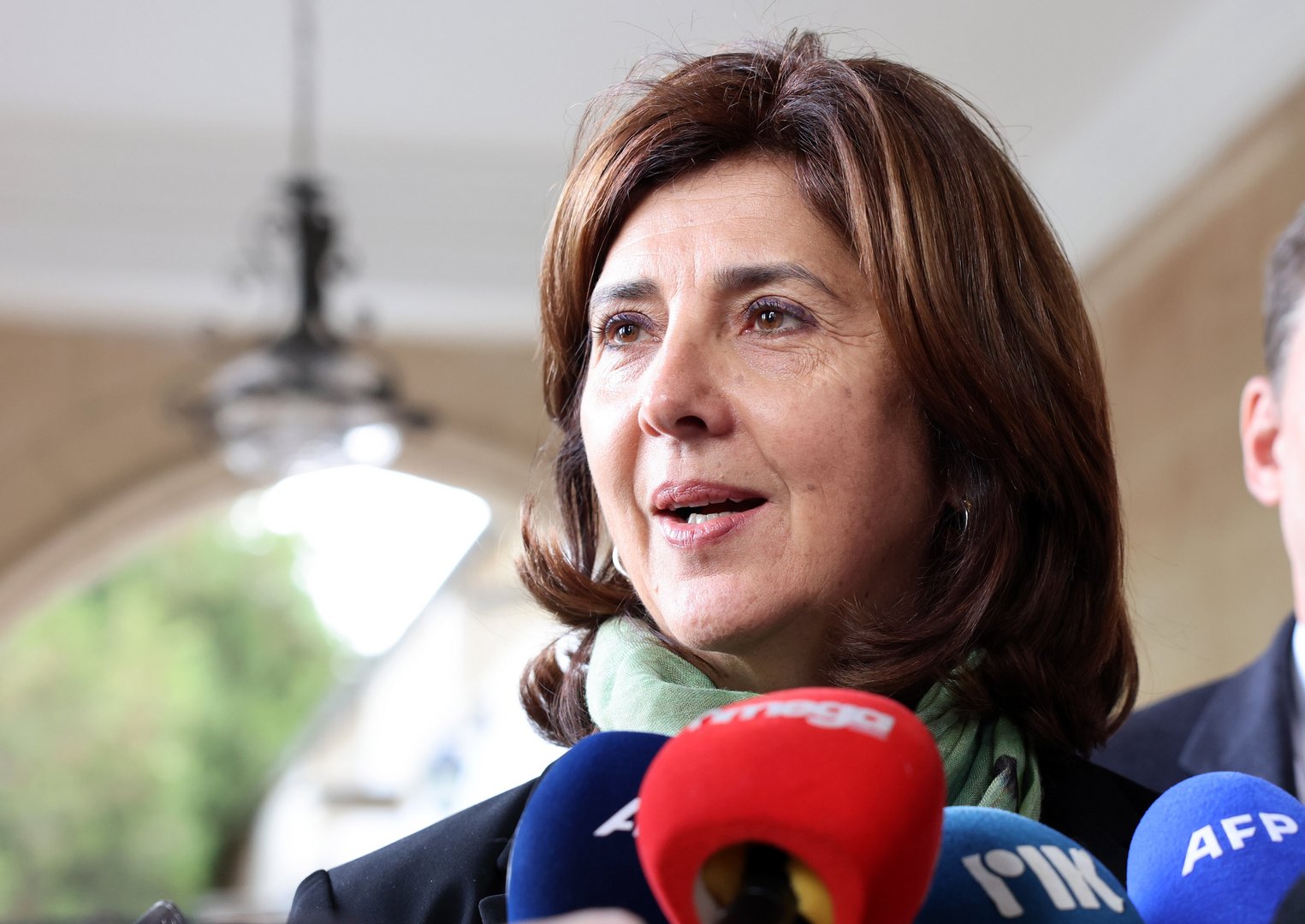And perhaps she should encourage both sides to consider the two-state solution
By Fahri Zihni
The UN secretary-general’s personal envoy for Cyprus, Maria Angela Holguin arrived in Cyprus last Sunday, and wasted no time in getting stuck in with her conversations with the two Cypriot leaders Ersin Tatar and Nikos Christodoulides about the 60+ year old “Cyprus problem”.
But is there a silver bullet that everyone has somehow overlooked in all this time that the envoy may bring with her which will help solve the Cyprus problem? No, there isn’t.
Is there anything new and different this time that will at least bring a new dimension to discussions, rather than the rote regurgitation of same old arguments? Yes, there is.
In the past 60 years, the Greek and Turkish Cypriot sides have paid lip service to the narrative that the two sides can somehow be together and apart at the same time through a best-of-both-worlds bizonal, bicommunal federation (BBF). This phrase sounds wonderful, until an attempt is made to decode it into power sharing detail. Power-sharing areas which give rise to real challenges, within a unitary framework, include international, national and local governance, foreign policy, defence, policing, internal affairs and reassignment of property ownership as discussed in my previous article.
So, what always happens is that BBF negotiations fall apart. Another envoy bites the dust, the two sides walk away disgusted, recriminations follow, the race for victimhood accelerates and hostile rhetoric wins votes. Rinse-repeat every few years.
Past negotiations have in themselves become subjects of disappointment, cynicism, derision and ridicule in the Cypriot psyche. Indeed, many believe that each side wants to be seen to be fighting for change when in fact they are using the UN negotiations as cover for their real desire to stick with the status quo.
However, what’s different this time is that Ms Holguin is appointed as the UN secretary-general’s personal representative, as opposed to the representative of the UN Security Council. This subtle difference means that there is an opportunity for her to pursue new ideas for discussion.
One new approach is what the former Greek Cypriot leader Nicos Anastasiades raised with Turkish foreign minister Mevlut Cavusoglu on the sidelines, at the end of the UN’s Crans-Montana negotiations in July 2017 after BBF-based discussions failed to provide an acceptable outcome. Also, notably, it is the same approach that has been endorsed by the UN since 1947 in relation to the resolution of the Israel/Palestine conflict.
This is, of course, the two-state solution option, which has been discussed behind the scenes but has never been put to the test formally at the negotiating table. In my view such a solution needs to be worked up in partnership, to the satisfaction of both sides to create a two-state partnership (2SP).
The Turkish Cypriot leader Tatar was elected to office on the premise of a two-state policy for Cyprus. However, there has been little discussion or information about what this actually means, and how it might benefit both the Turkish and Greek Cypriot communities. This needs to be explored.
The benefits of this approach are clear for the Turkish Cypriots. Following the 2004 UN Annan Plan referendum, the EU and many nation states around the world pledged to remove all embargoes placed on northern Cyprus, in line with the UN’s recommendation, but this never happened. A negotiated 2SP which has the support of the Greek Cypriot community would unshackle Turkish Cypriots from these crippling economic and social embargoes.
There are also significant benefits for the Greek Cypriot community.
A mutually agreed 2SP solution would overcome the power sharing impasse. It would allow each side to chart their own destiny in accordance with their own ethnic, cultural and religious persuasions whilst positively collaborating with each other on a raft of issues with confidence, ending 60 years of conflict and tension. Areas of partnership would include the environment, tourism, trade, agriculture, sharing of natural resources and management of immigration among many others, which would in turn create commercial and social synergy between the communities.
Perhaps the biggest levels of anger and frustration for Greek Cypriots is about land and property. As part of a mutually agreed package, land belonging to owners “on the other side” could be exchanged en masse, thereby immediately making legal the use of such land and property on both sides. The issue of any outstanding “balance” of land could be dealt with through the reassignment of bordering land in the north in favour of the south, or through compensation. The 346 square kilometre UN buffer zone which is currently unusable would be released for use. Similarly, 38 square kilometres of prime Varosha land would be released for use, both providing a new resource for wealth and economic regeneration. This would certainly go some way towards addressing Greek Cypriot concerns and diffuse much tension and disaffection between the two communities.
It is clear that Greece and Turkey’s relationship has been adversely impacted by the 60-year impasse in reaching an acceptable agreement in Cyprus, and these countries are now wanting to mend fences and move on. Entente cordiale in Cyprus would pave the way for peace and prosperity for all, and an end to enmities going back 200 years.
It would be silly to assume that much of the above, in particular the complex issue of land and property, will be easy to implement, though this is much simpler through 2SP than BBF. But this is achievable if both sides are prepared to move their focus from interminable negative rhetoric to goodwill and pragmatism.
It will be interesting to see if Ms Holguin is capable of exercising her “blank page” prerogative and leave “no stone unturned” by encouraging both sides to consider the 2SP option alongside BBF.
Fahri Zihni is former chair of Council of Turkish Cypriot Associations (UK), a former policy advisor at the UK’s Cabinet Office and a former president of Society of IT Management, UK







Click here to change your cookie preferences